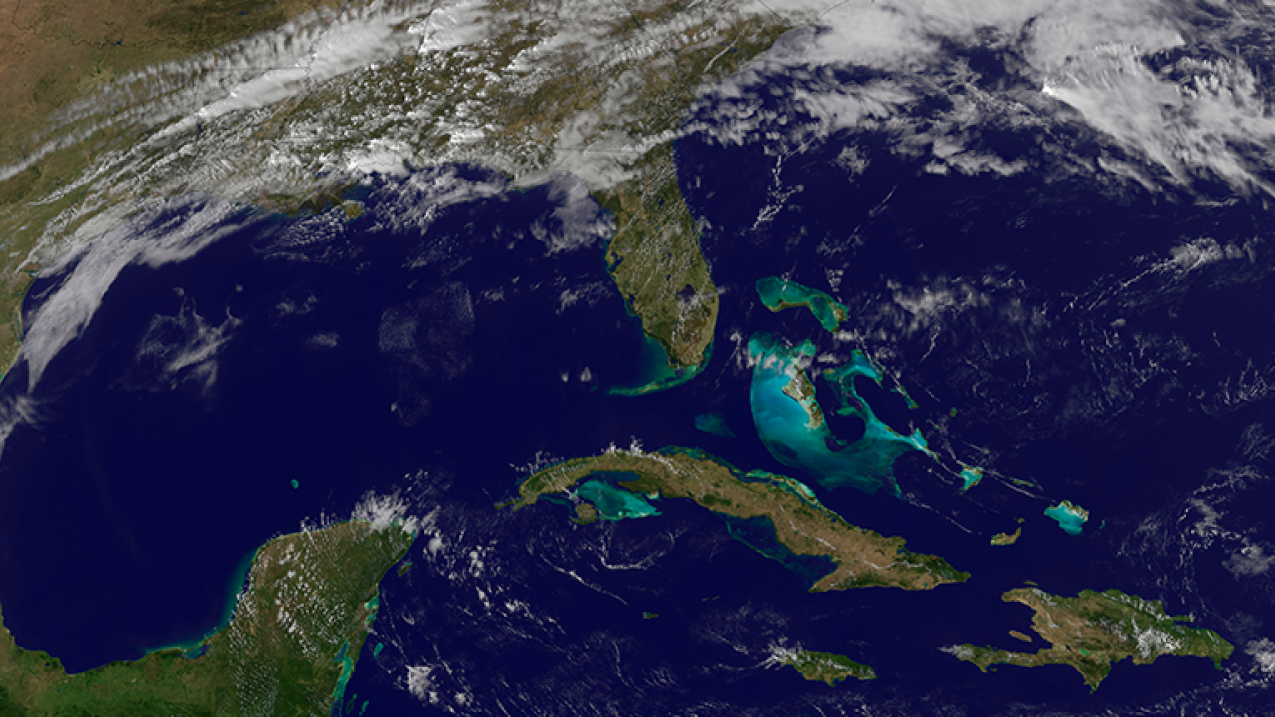Sorry, this post got lost in my inbox pile. Better late than never, eh?
That number is indeed wrong. It should be 1% of 85 W/m^2, which is of course 0,85 W/m^2. I'm quite surprised I arrived at 0,1 W/m^2 because it should be immediately obvious it can't be right.
See, this is the kind of response I was looking for. Good reasoning and sources. A few things to note:
* The sun hits our cross section, so that 3,3 W/m^2 needs to be divided by 4. This is actually quite close to the number I calculated; 0,83 W/m^2 vs 0,85 W/m^2.
* I'd prefer we stick to instantaneous units like W instead of time integrals like Wh, but the end result is the same so I won't make too much of a fuzz over it.
* I don't use the consolidated numbers because I want to see the exact effect of each contributor. Consolidated numbers have an inherent risk of large errors disappearing in the sheer amount of data and summing numbers with vastly different confidence is asking for trouble in general.
So you not only proved me wrong but you did it in a proper manner. Kudos to you!
All good points except you still haven't backed up that 1% figure. Where does it come from? Did you just make up an arbitrary number or is it based on an actual change in reflected energy?
I've looked into lots of data on climate change, which is why I was skeptical of the CO2 theory in the first place. The quality of proof accepted in climate change isn't the same as in other fields. There are of course practical issues with conclusive evidence with so many variables but that just makes it so much important to have rigorous proof.
But I'm getting sidetracked again. Consolidated numbers are the bane of numerical analysis. On this scale they need to be accompanied by an error range or a condition of some sort, things like "least this much" or "definitely less than".
This is why I summed them together with the condition that our waste heat is at least the end result of the sum.
But this is the missing link that needs to be conclusively proven for that 1% figure to be more than an arbitrary number. Measuring the reflection delta only proves that there is a change, not a change we can do something about.
I'm saying energy companies only report what they contribute. What about the things they don't contribute? You need to look at the complete picture.
Forest fires add heat, but they are not included. Conversely, there are oil spills the likes that skew numbers in the other direction (although not as much). There are so many complicating factors that you can't simply sum everything together and get a representative number.
This particular one is new and stinks of IPCC. So does that mean the asteroid theory up for discussion now? 
It's well known that ozone blocks (absorbs and reflects) UVC, it has been proven time and time again by independent researchers. You can even do it yourself if you have a UVC source, a confined space and a banana.
In the much of the same way you don't need the IPCC to tell you clouds aren't 100% transparent. Verifying the entire thing in a makeshift home lab is a bit more difficult but hardly impossible as long as you can replicate the pressure and composition.
What the IPCC had the potential to do without their political ties was to prove every intermediate result and apply those to other fields. Let me ask you this then; how much research coming out of IPCC does not support climate change? There's bound to be something going wrong, like a half cooked initial theory disproven during research or low quality data leading to inconclusive results. If they truly were unbiased it would be very common.
UVA goes right through, UVB gets absorbed a bit and UVC doesn't even get that far because of the ozone. IR should mostly just get reflected by the clouds but is relatively low energy per photon, the sheer amount of photons is a much bigger issue. I'm hardly a stranger to the light spectrum either, I do infrared hobby experiments on almost a monthly basis. Speaking of which, emissivity is something that might interest you.
Originally posted by zyxxel
View Post
Originally posted by zyxxel
View Post
* The sun hits our cross section, so that 3,3 W/m^2 needs to be divided by 4. This is actually quite close to the number I calculated; 0,83 W/m^2 vs 0,85 W/m^2.
* I'd prefer we stick to instantaneous units like W instead of time integrals like Wh, but the end result is the same so I won't make too much of a fuzz over it.
* I don't use the consolidated numbers because I want to see the exact effect of each contributor. Consolidated numbers have an inherent risk of large errors disappearing in the sheer amount of data and summing numbers with vastly different confidence is asking for trouble in general.
So you not only proved me wrong but you did it in a proper manner. Kudos to you!
Originally posted by zyxxel
View Post
Originally posted by zyxxel
View Post
But I'm getting sidetracked again. Consolidated numbers are the bane of numerical analysis. On this scale they need to be accompanied by an error range or a condition of some sort, things like "least this much" or "definitely less than".
This is why I summed them together with the condition that our waste heat is at least the end result of the sum.
Originally posted by zyxxel
View Post
Originally posted by zyxxel
View Post
Forest fires add heat, but they are not included. Conversely, there are oil spills the likes that skew numbers in the other direction (although not as much). There are so many complicating factors that you can't simply sum everything together and get a representative number.
Originally posted by zyxxel
View Post

Originally posted by zyxxel
View Post
In the much of the same way you don't need the IPCC to tell you clouds aren't 100% transparent. Verifying the entire thing in a makeshift home lab is a bit more difficult but hardly impossible as long as you can replicate the pressure and composition.
What the IPCC had the potential to do without their political ties was to prove every intermediate result and apply those to other fields. Let me ask you this then; how much research coming out of IPCC does not support climate change? There's bound to be something going wrong, like a half cooked initial theory disproven during research or low quality data leading to inconclusive results. If they truly were unbiased it would be very common.
Originally posted by zyxxel
View Post






Comment